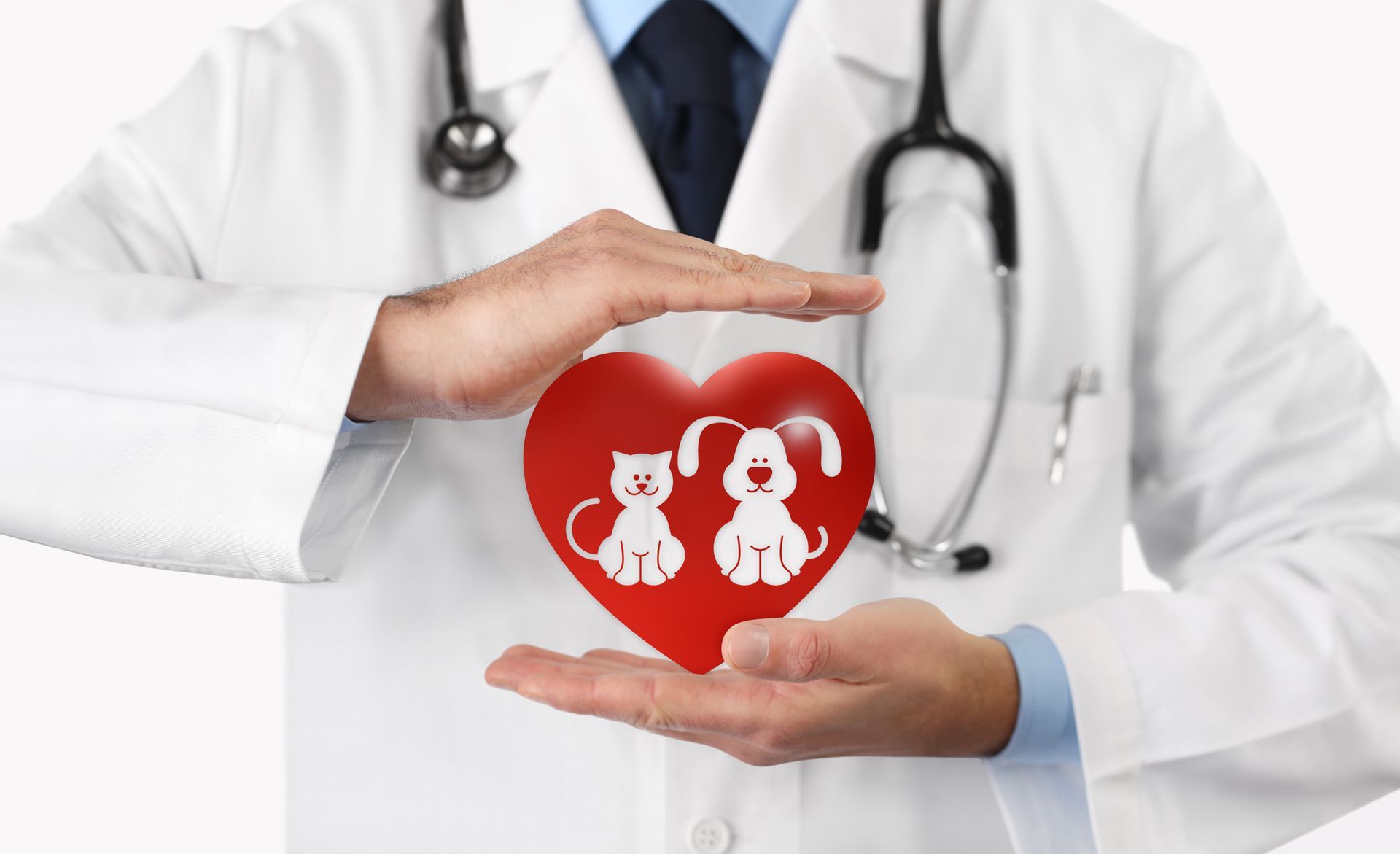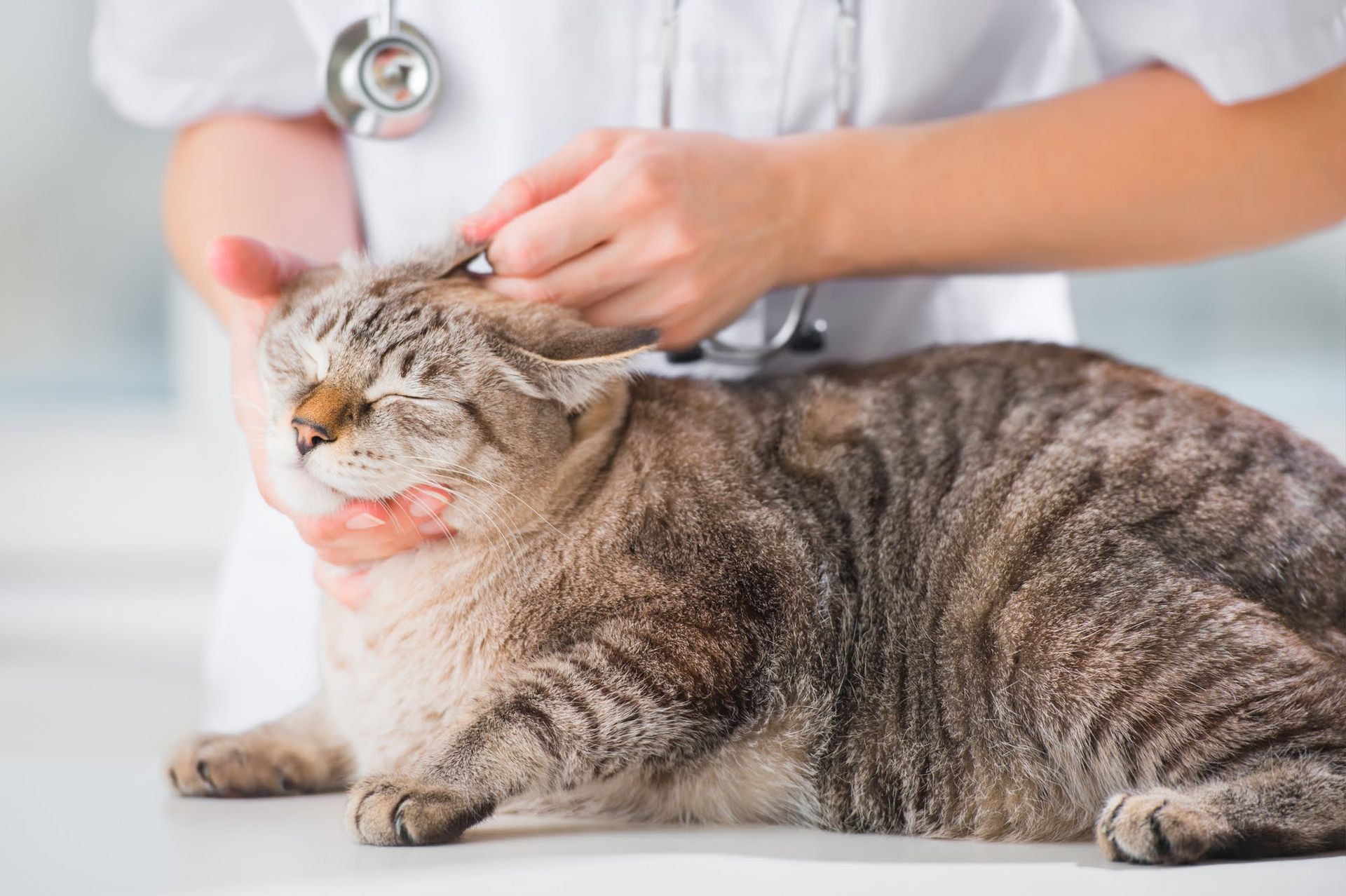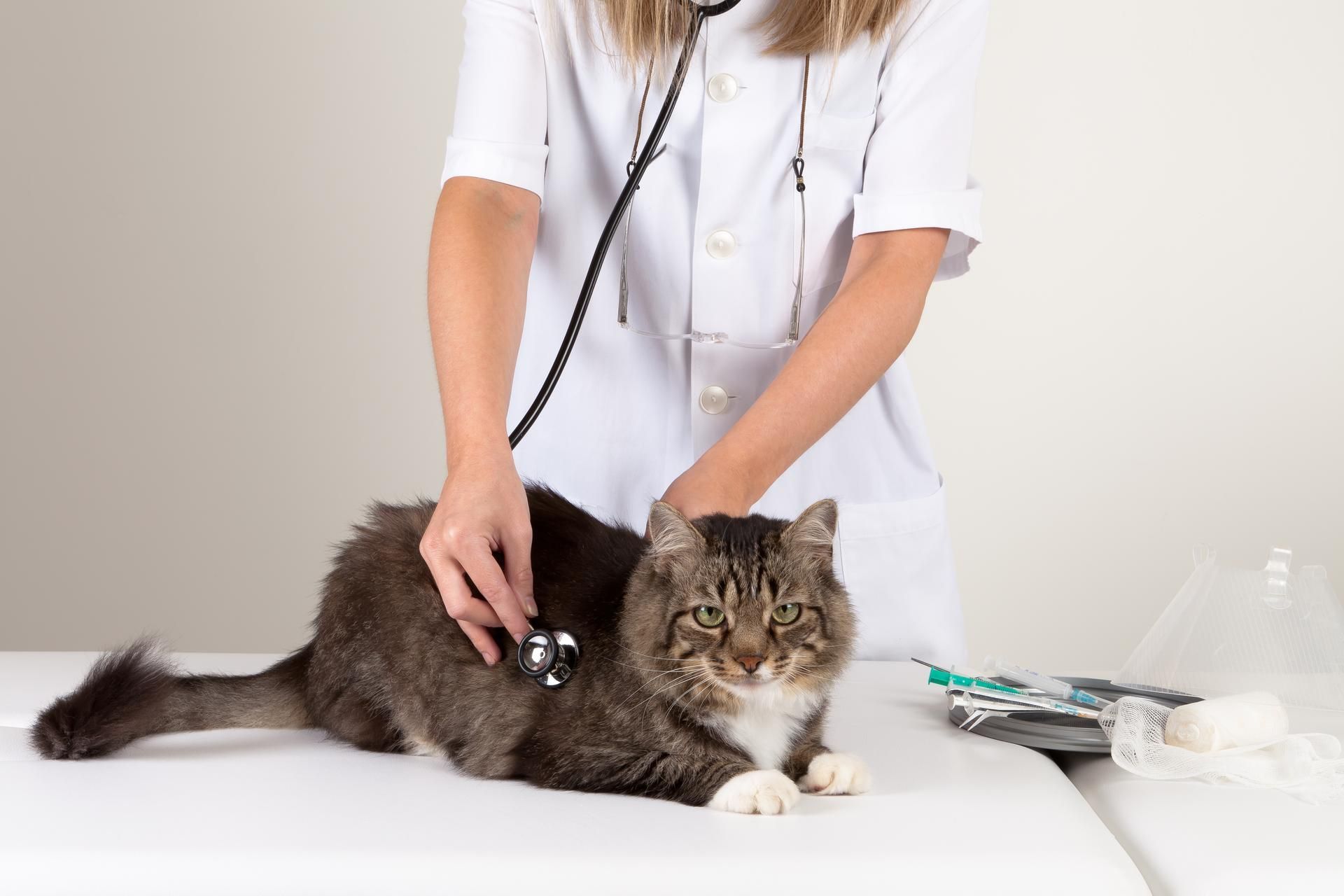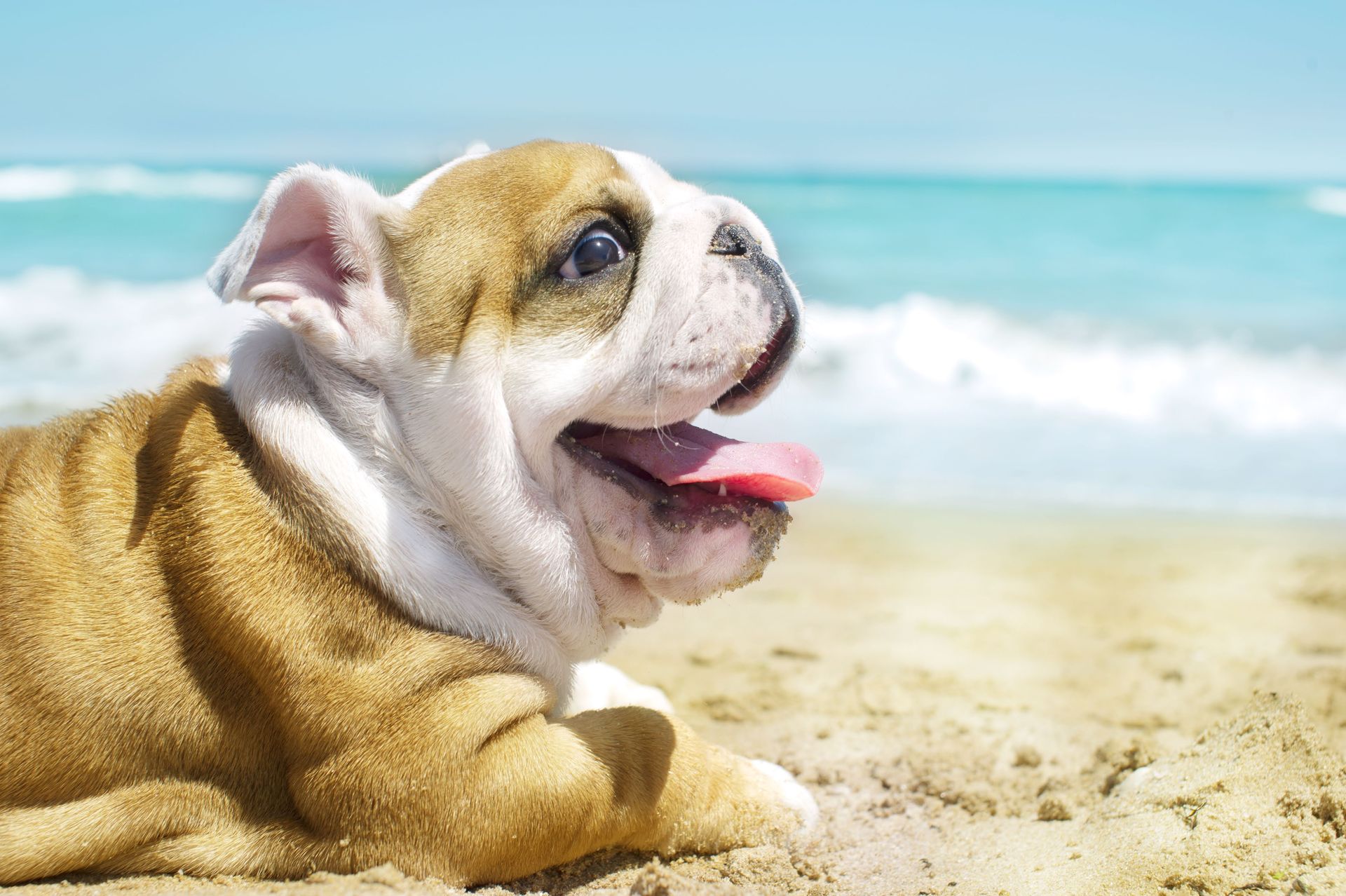The Dangers Of Antifreeze And Other Poisons For Pets
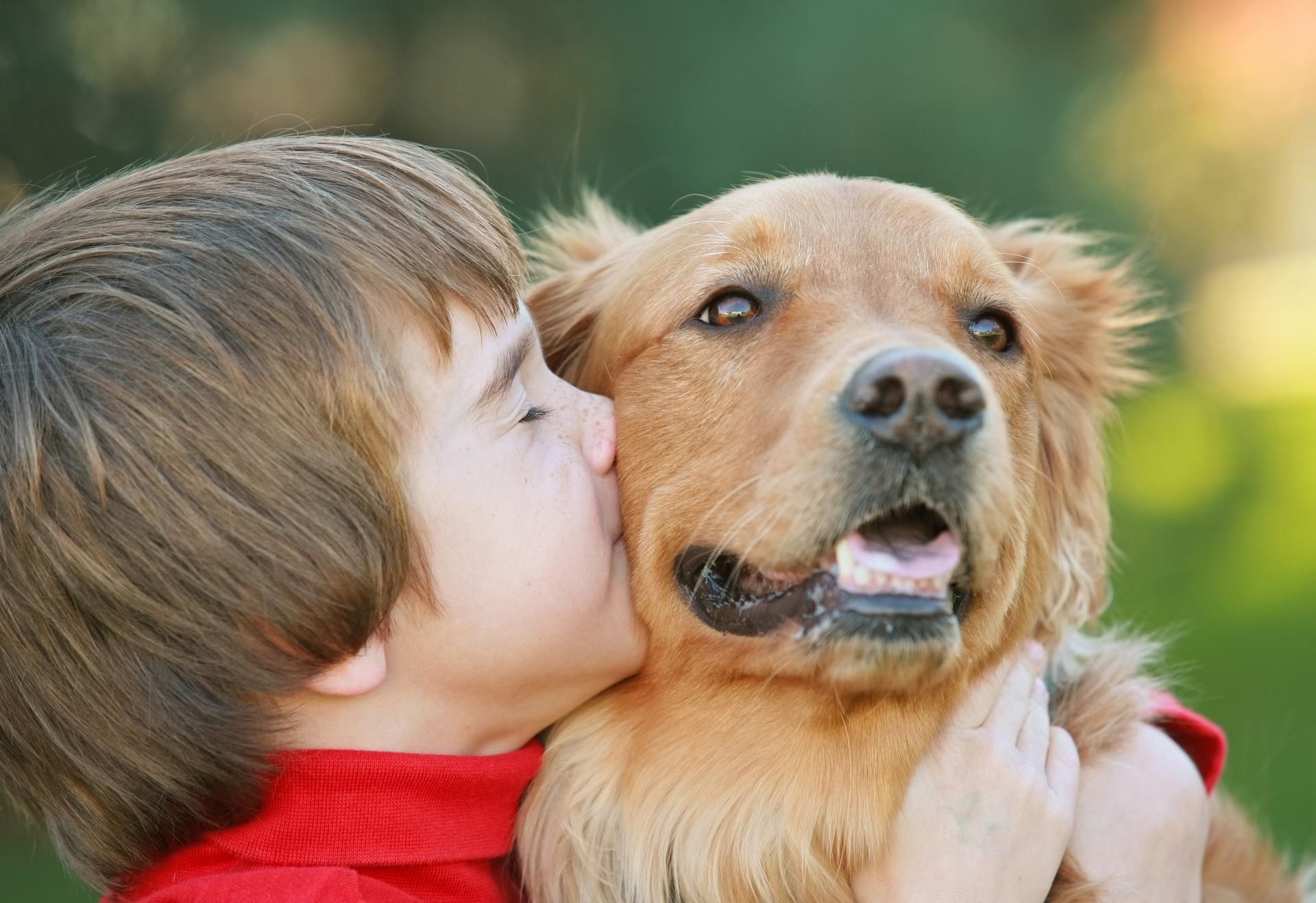
As pet owners, we always do our best to keep our furry friends healthy and safe. However, sometimes accidents can happen, and our pets can get into things they shouldn't. One of the most dangerous poisons for pets is antifreeze, which can cause severe internal bleeding and damage to organs such as the liver and kidneys. Since it's a common vehicle staple and kept in many garages or homes, it may be a substance your pet can get into. Here, we will discuss the signs your pet has ingested antifreeze or other poisons and why it's urgent to get them to the vet as soon as possible.
Signs Your Pet Has Eaten Antifreeze or Other Poisons
Pets are curious creatures, and sometimes, they will eat or drink things that can harm them. Antifreeze is particularly dangerous because it has a sweet taste that can be appealing to pets, particularly dogs and cats, which can have easier access to the toxin. Here are some signs that your pet might have ingested antifreeze or another poisonous substance.
- Vomiting and diarrhea: This is because the body tries to rid itself of the poison through vomiting and diarrhea.
- Lack of coordination: Antifreeze poisoning can cause your pet to become dizzy. They may have trouble standing or walking.
- Excessive thirst: Antifreeze can make your pet feel very thirsty. They may drink a lot of water or other fluids.
- Seizures: If your pet has one of these, you should take them to the vet immediately.
- Increased heart rate: Antifreeze poisoning can cause your pet's heart, which can be dangerous.
Why It's Urgent to Get Your Pet to the Vet
Antifreeze and other poisons can be extremely dangerous for pets. They can cause severe internal bleeding and damage to organs such as the liver and kidneys. Every second counts, and often, this damage is irreversible, so even if you get them urgent care, they're not out of the woods yet. If your pet has ingested a poisonous substance, it's essential to get them to the vet as soon as possible. Delaying treatment could result in permanent damage or even death.
Treatment for Antifreeze Poisoning
If your pet has ingested antifreeze, the veterinarian will likely induce vomiting to remove as much of the poison as possible. They may also administer activated charcoal, which can absorb the remaining toxin. Additionally, the vet may give your pet IV fluids to help flush the toxin out of their system and prevent dehydration. In severe cases, the pet may need a blood transfusion or surgery to repair damage to the organs.
Preventing Poisoning in Pets
The best way to protect your pet from poisoning is to make sure they can't access toxic substances. Keep antifreeze and other chemicals in a locked cabinet or on a high shelf that your pet can't reach. Also, be cautious when using pesticides or other chemicals in and around your home. Keep your pet away from any treated areas until the chemicals have dried or settled.
Antifreeze and other poisons can be incredibly dangerous for pets. If your pet has ingested a toxic substance or you suspect they have had access to antifreeze, bait traps, rodent poison, or even toxic people's food, it's essential to act fast and get them to the vet as soon as possible. Knowing the signs of poisoning and taking preventive measures can help keep your pets safe. Remember to keep all hazardous substances out of reach and know where to go in case of an emergency. For your veterinary care and pet emergencies, call our team of veterinary specialists at South Seattle Veterinary Hospital.


